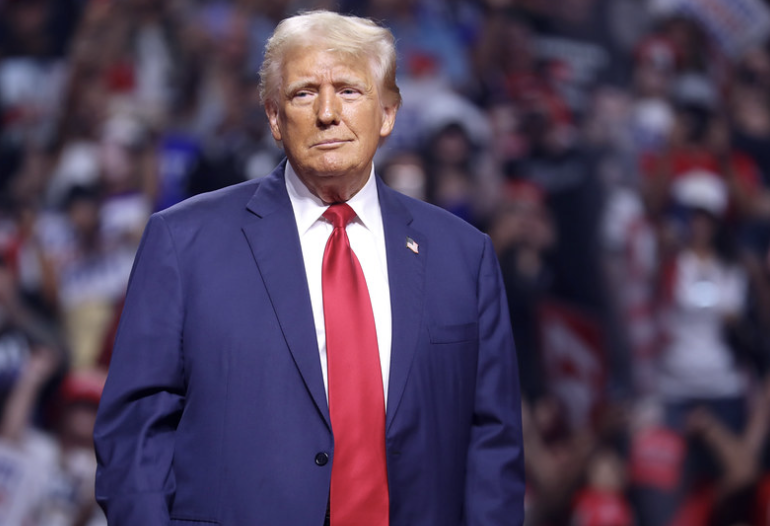Ultra Elite Americans Face a Painful Hit as Trump Moves to End Absurd Tax Breaks That Should Never Have Existed

It’s troubling enough when state and city governments step in to provide subsidies for professional sports teams.
However, when the federal government gets involved — particularly through the federal tax code — that becomes even harder to justify.
And according to President Donald Trump’s administration, this is about to change swiftly.
Bloomberg reports that last week, the administration announced plans to “eliminate all special tax breaks for billionaire sports team owners,” according to White House Press Secretary Karoline Leavitt.
The main way federal tax laws have favored sports team owners lies in the fact that they’re treated much like any other business, despite operating in fundamentally different ways.
As Bloomberg pointed out, “The main perks of ownership come from Internal Revenue Service rules that let buyers of sports franchises write down the value of their initial investments over 15 years.”
“Similar rules apply to other businesses: Buyers of factory equipment, for example, can lower their tax bills by deducting their purchase costs over time,” the report continued.
However, there’s a critical distinction with sports teams: the ability to deduct a team’s intangible assets, such as TV deals and player rosters, which are unlikely to depreciate in value.
In fact, these assets are more likely to appreciate or be refreshed over time (especially with player rosters), so there's no real depreciation.
Unless, of course, you're the Cleveland Browns, who signed Deshaun Watson to an absurd fully guaranteed contract — but the tax code isn’t meant to bail out poor financial decisions. But I digress.
Eric Nemeth, a tax attorney and partner at the Varnum law firm, stated the obvious truth:
“You don’t buy a sports team and hope to become wealthy; you’re a wealthy person and you buy a sports team,” Nemeth told Bloomberg.
“It’s an elite club.”
And it certainly is an elite club. In fact, at least six American professional sports team owners have a net worth exceeding $20 billion, as reported by the Salt Lake City Deseret News.
Steve Ballmer, owner of the Los Angeles Clippers and former Microsoft executive, leads the pack with $123 billion.
The key to success?
— Brian Solis (@briansolis) February 10, 2024
Developers.
Imagine. Create. Invent.
Go build.⁰⁰Steve Ballmer, former CEO, Microsoft.
pic.twitter.com/TYJppUU0FR
Rob Walton and his family, owners of the Denver Broncos, follow with $94.3 billion. After them comes Daniel Gilbert of the Cleveland Cavaliers with $33.1 billion, Miriam Adelson and her family of the Dallas Mavericks with $29.8 billion, Steve Cohen of the New York Mets, and David Tepper of the Carolina Panthers, each worth $21.3 billion.
This isn’t about targeting the rich. It’s about closing a tax loophole that should never have existed in the first place.
We conservatives want taxes to be fair, just like everyone else — and while “fair” may be subjective, most can agree: this situation is blatantly unfair to everyone else.
This is the kind of action that governments should take (auditing USAID comes to mind as another example), but it often gets ignored because “soak the rich” has a more appealing ring, particularly for Democrats.
However, this kind of reform is what ultimately makes a meaningful difference. An administration should begin at the bottom and work its way up.
Treating pro sports teams like any other business — where assets such as machinery and computers lose value over time — is absurd. It needs to be stopped.
Will the impact be minimal? Yes.
As Garrett Watson, director of policy analysis at the conservative Tax Foundation, explained, limiting deductions could have a relatively small impact. Over a decade, such a measure could raise hundreds of millions to, at most, a few billion dollars,” Bloomberg reported.
While it may not be a huge windfall, it’s a step in the right direction — and one that should have been taken long ago. These are the kinds of actions we should expect from this administration in the coming months.